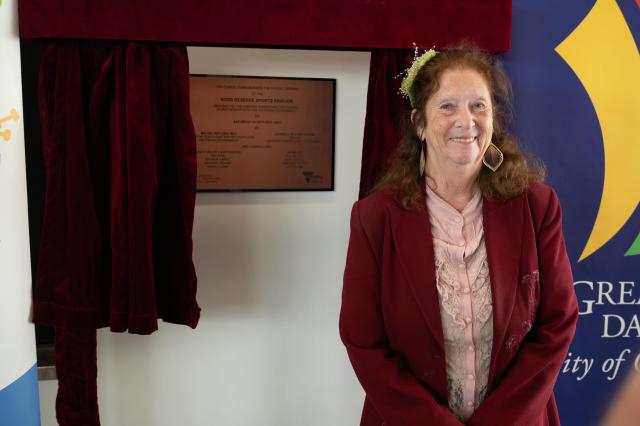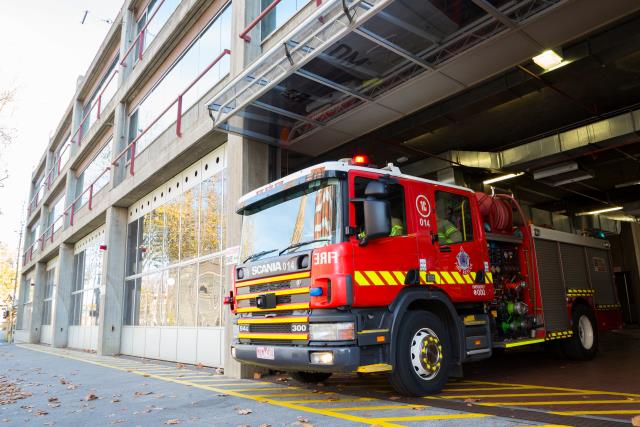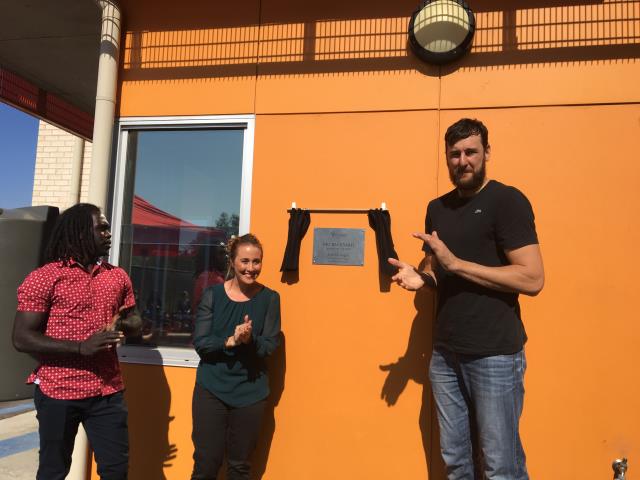By CAM LUCADOU-WELLS
MIGRANT settlement service AMES has gone above and beyond its portion of government funding to activate house-bound and bored asylum seekers.
Some of its 2050 asylum-seeker clients in recent years have gone on to find work but 1670 remain on its books – most of them on bridging visas from August 2012 that ban them from work and study.
“As you can see in Dandenong, the Hazara community – those with work rights – are working and starting businesses,” says Asylum Seeker Assistance Scheme team leader Lesley Eksteen.
“Those who don’t have work rights are our biggest challenge. You have all these young single men left to their own devices. There are not enough services out there.
“Because they have been in limbo for so long, that’s when the trauma kicks in. Our mental health system is pushed to respond.”
Spokesman Laurie Nowell says AMES staff are working overtime and its 2000 community volunteers are stepping up to fill the breach.
The service founded a ‘meaningful engagement program’ without outside funding. It targeted asylum seekers without work and study rights “who don’t have a reason to get out of bed”, Mr Nowell said.
The program offers cooking, Voices Without Borders choral singing, soccer, lawn bowls and English language classes to keep minds active.
“We rely highly on volunteers to make this happen. Case managers take time out of their own time,” Mr Nowell said.
“If that wasn’t happening, single men without much money and without much to do … it’s a recipe for serious issues which we haven’t really seen because of programs like this.”
Ms Eksteen said asylum seekers on 449 visas were another challenge.
These visa-holders were given work rights but denied funding for case managers to help them find accommodation and orientate them to banking, Medicare, transport and other day-to-day needs.
AMES team of 20 ‘community guides’ such as Hazara refugee Barat Ali Batoor fill in the gaps, taking asylum-seekers under their wing.
Mr Batoor says he’s able to speak to new arrivals in their first language, and teach the small details of life in Australia, such as how to set up a bank account, book a medical appointment and use a signalised pedestrian crossing.
“People come from villages in Afghanistan who haven’t seen a tram in their life or don’t know they have to press a button to get a ‘walk’ signal to cross the road.”
He also gives cultural pointers to AMES staff – such as not shaking hands with Muslim women.
AMES also provides education and employment services, and connects asylum seekers with “very generous” churches and charities “who acknowledge the high demand” for material necessities such as whitegoods, appliances and prams.
Ms Eksteen said: “Despite the hurdles, we are successful because of the passion of our workers.”






